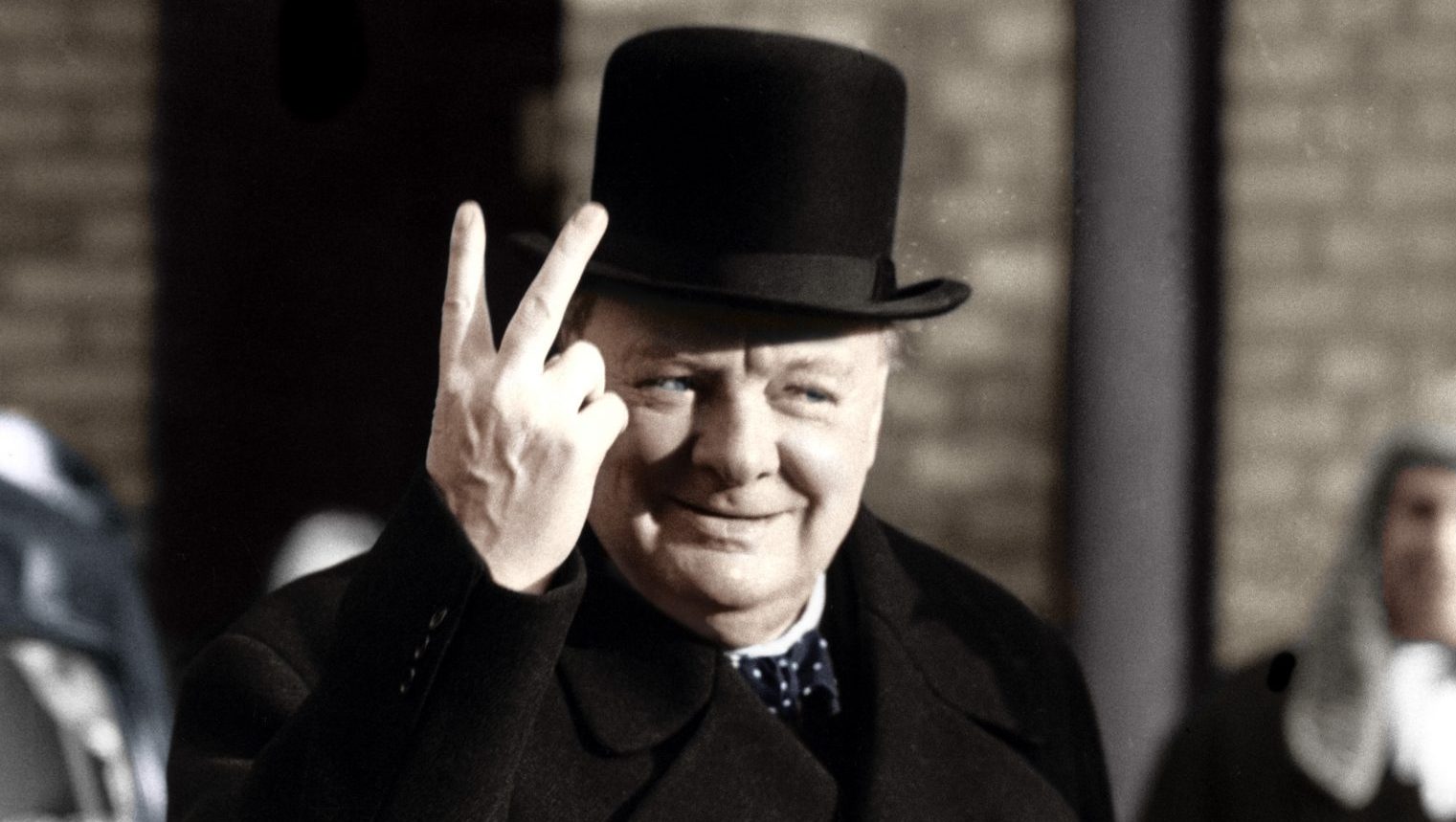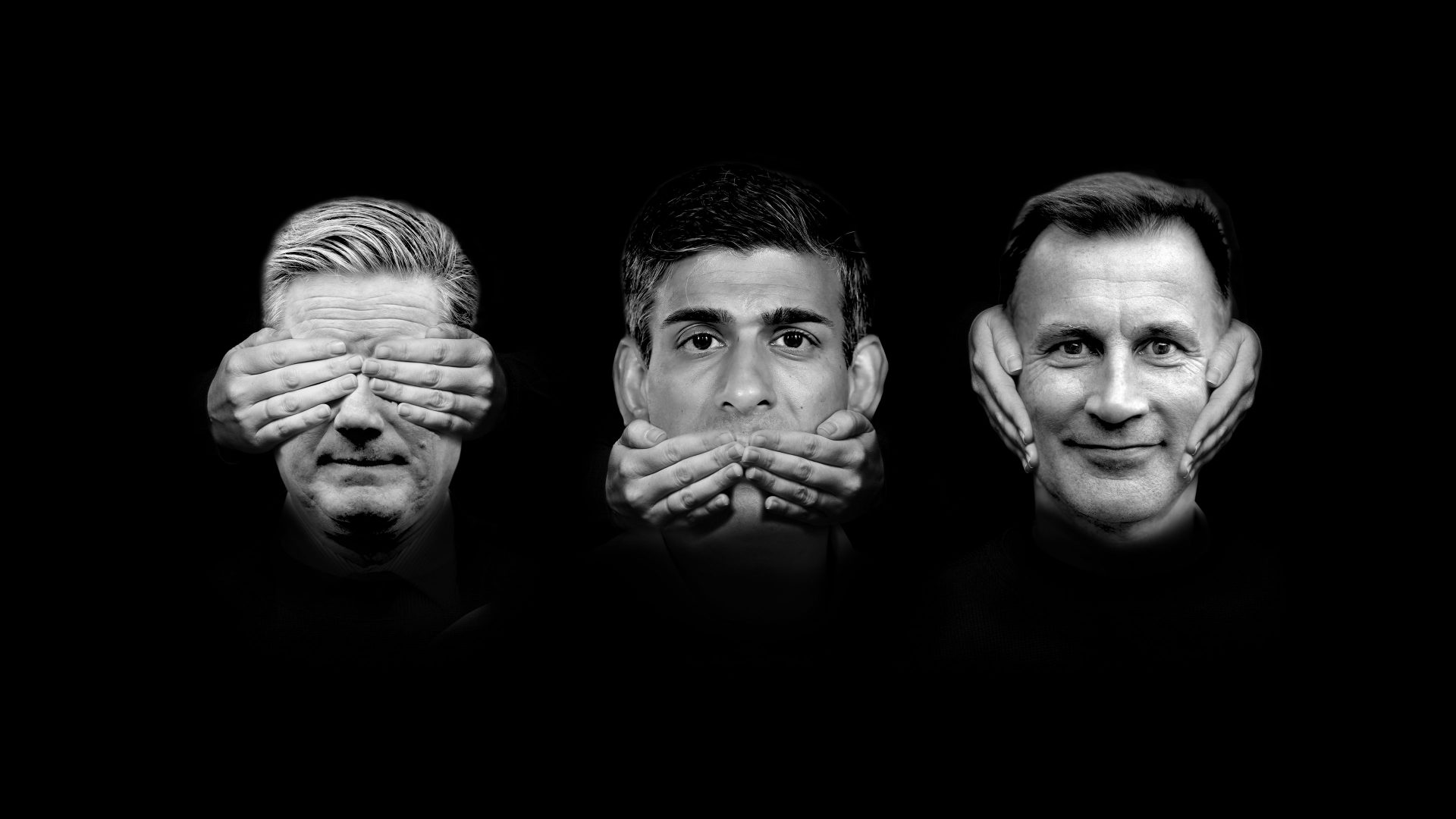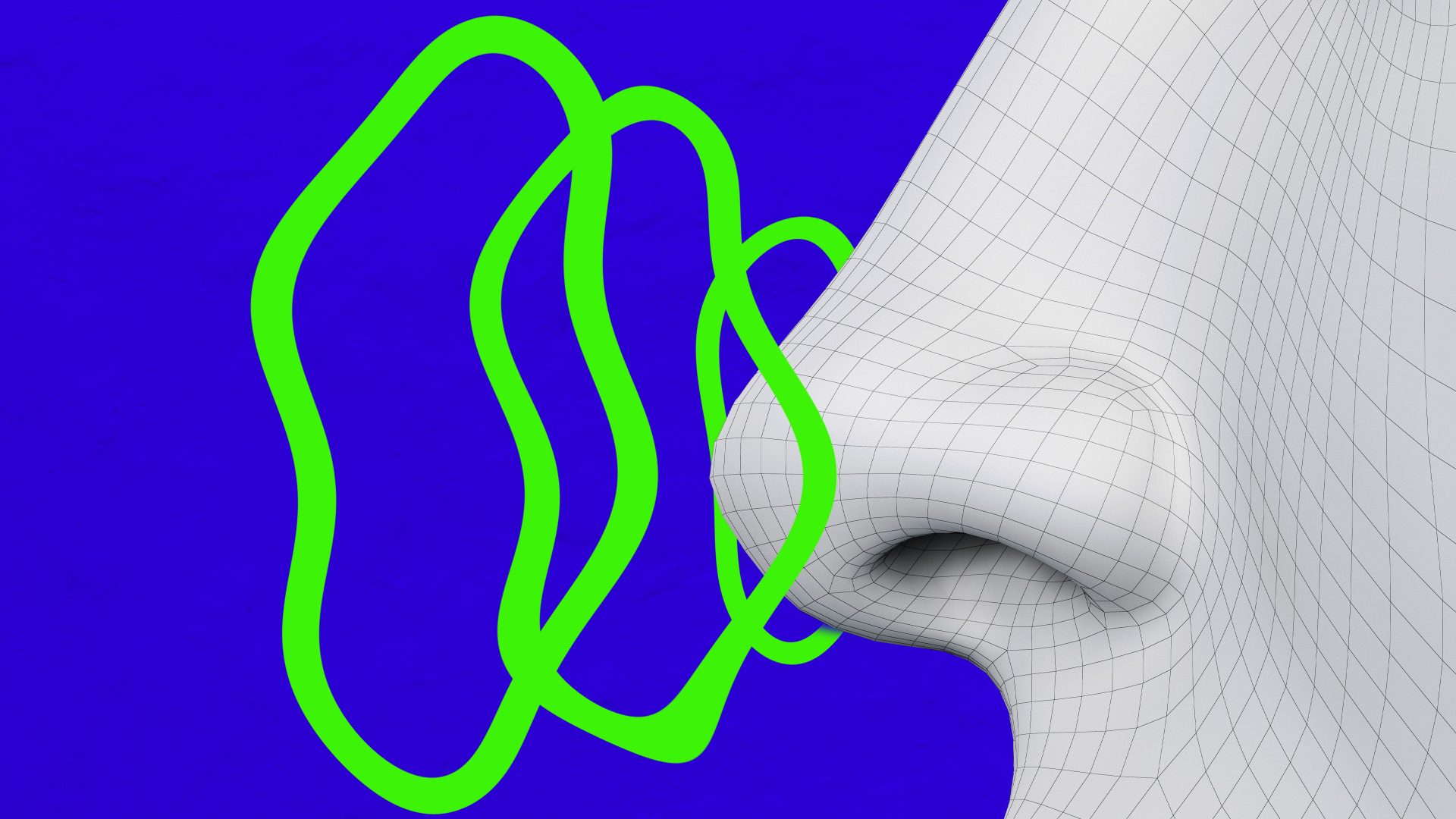Are you woke? It’s a deceptively straightforward question, and many people reading this, I imagine, will have an immediate answer. “Yes.” To be woke, they say, is simply to be a good person. As a writer in the Independent explains, it merely means to be “tolerant, kind, compassionate, empathetic, inclusive”. To be woke is to care, not only about one thing, but about everything: racism, sexism, homophobia, climate change, even Brexit. So why wouldn’t you want to sign up? What sort of sick monster would scoff at that?
Well, me, for one.
Perhaps the most obvious objection is that if wokeness really does mean kindness and compassion, then it seems a bit much – indeed, positively monstrous – to describe yourself this way. Whenever I see people on social media proclaiming how exceptionally compassionate they are, boasting of their “big heart” and urging people to “be kind”, I can’t help wondering what Charles Dickens would have made of them. I think of the ghastly Mr Pecksniff in Martin Chuzzlewit, of whom we are told “there never was a more moral man… especially in his conversation and correspondence. Mr Pecksniff is so kind and compassionate that he even called his daughters Charity and Mercy, and of course, he turns out to be an utter shit. Would Mr Pecksniff have called himself woke? He undoubtedly would.
My broader objection, though, is that wokeness doesn’t just mean kindness. If it did, why would we need a new word? It means what it says: to be woke is to be awake. As the Oxford English Dictionary explains, the term is drawn from African American slang and became increasingly common in the middle of the last century. But its roots go deeper, to the evangelical Protestant division between the damned, who are asleep to sin and wickedness, and the elect, who have been awakened by divine grace. Think of the lyrics of the reformed slave-trader John Newton’s hymn Amazing Grace: “I once was lost, but now I’m found/ Was blind but now I see.”
So it means more than just being kind; and more even than just being socially aware. To be woke is to be part of a fundamental, existential struggle against intolerable injustice. There is good and there is evil; there is purity and there is corruption; there are the woke and there are the sleepers.
If you think that’s how the world works – call it good versus evil, or downtrodden masses versus cruel oppressors, or perhaps saintly nurses versus evil Tories – then I can see why you might find this appealing. For example, you might be an evangelical Christian, and that’s fair enough.
But those of us who aren’t believers and think of ourselves as a bit more sceptical should probably ask ourselves: does the world really work that way? Is it fair to dismiss millions of people as “asleep”, merely because they don’t share your convictions? Is it reasonable to describe yourself as being awake, as if you’re the best judge of your own virtue? Is evangelical enthusiasm, which divides mankind into sinners and saved, really a good guide to history or politics? Again, you can guess my answers.
Here’s a good example of where wokeness fails: that favourite progressive punch-bag, Winston Churchill. What does a woke approach, foregrounding his prejudices to the exclusion of almost all else, tell us about him? How does it help us understand the man and his times? How does it explain why hundreds of millions of people mourned his death in 1965, and why Clement Attlee called him the greatest Englishman of his time? Answer: it doesn’t.
By the way, there’s no doubt that Churchill said and perhaps even did things that 21st-century observers might find objectionable. But is that so surprising? His defenders point out that he was a Victorian. A better defence, I think, is simply that he was a human being. So by definition, unless you’re the kind of person who believes in sinners and saved, he was full of flaws and contradictions.
The woke counter-argument, I suppose, is that if you take that line, you’ll find it very hard to judge anybody. That’s fine by me. There are plenty of amusing and worthwhile ways to spend your time on earth, but dragging the dead before a moral tribunal doesn’t strike me as one of them.
Wokeness, therefore, is a bad guide to history. It leads people into self-evidently ridiculous public gestures, such as the University of Edinburgh’s attempt to distance itself from the philosopher David Hume, or the University of Liverpool’s disavowal of William Gladstone. What kind of purity test, after all, would disbar Gladstone, perhaps the greatest reforming prime minister in our history, the very embodiment of do-gooding high-mindedness? And what kind of society administers historical purity tests anyway?
What’s even more pernicious, though, is that wokeness is an incredibly bad guide to politics. For even if we take the most flattering conceivable definition – that wokeness really does just mean kindness and tolerance – then where does that leave you? Talk of kindness is the stuff of the nursery, not of serious, complicated, messy politics.
Indeed, looking back over the historical period I’ve written about – the period between Suez and the Falklands – I can’t think of any occasions where a government was faced with a neat choice between two options, labelled “Kind” and “Unkind”. Nor were there any instances when the invocation to “be kind” would have been remotely useful. When Edward Heath was battling with the unions, what was the kind option? What would have been the morally pure solution to Margaret Thatcher’s economic struggles in the early 1980s? What was the compassionate approach to the cold war? What was the kind thing to do in Iraq?
The reason I loathe wokeness, therefore, is the same reason so many other people like it – its simplicity. We all like to think we’re good people, and we like to think of ourselves as campaigners in a noble cause. Many people, too, like to think of themselves as being on the “right side of history”, even though history doesn’t actually have a side, and there would be no way of knowing what the right side was even if it did.
So I can understand why so many people have embraced the idea of a neat, readily comprehensible division between the pure and the impure, the kind and the cruel, the redeemed and the condemned. It makes life easier; and it’s always reassuring to think you’re on the side of the angels.
But although plenty of our predecessors thought that way – Savonarola, say, or Robespierre, or the Ayatollah Khomeini – that’s not company I’d like to keep. Not merely it’s such a narrow-minded, censorious, ungenerous way of thinking about human affairs, but because, if you’ll forgive me, it’s so stupid.
When I look at history, I don’t see heroes and villains, but a great mass of complicated characters, none of them perfect, all of them flawed, all of them with opinions and assumptions with which we might now disagree. And who’s to say we’re any better? What will our successors say about us? I dread to think. Perhaps the best we can hope for is that they’ll be a little more charitable than we are – and a lot less judgemental.
Dominic Sandbrook is a historian, author and presenter. He co-hosts The Rest Is History podcast



